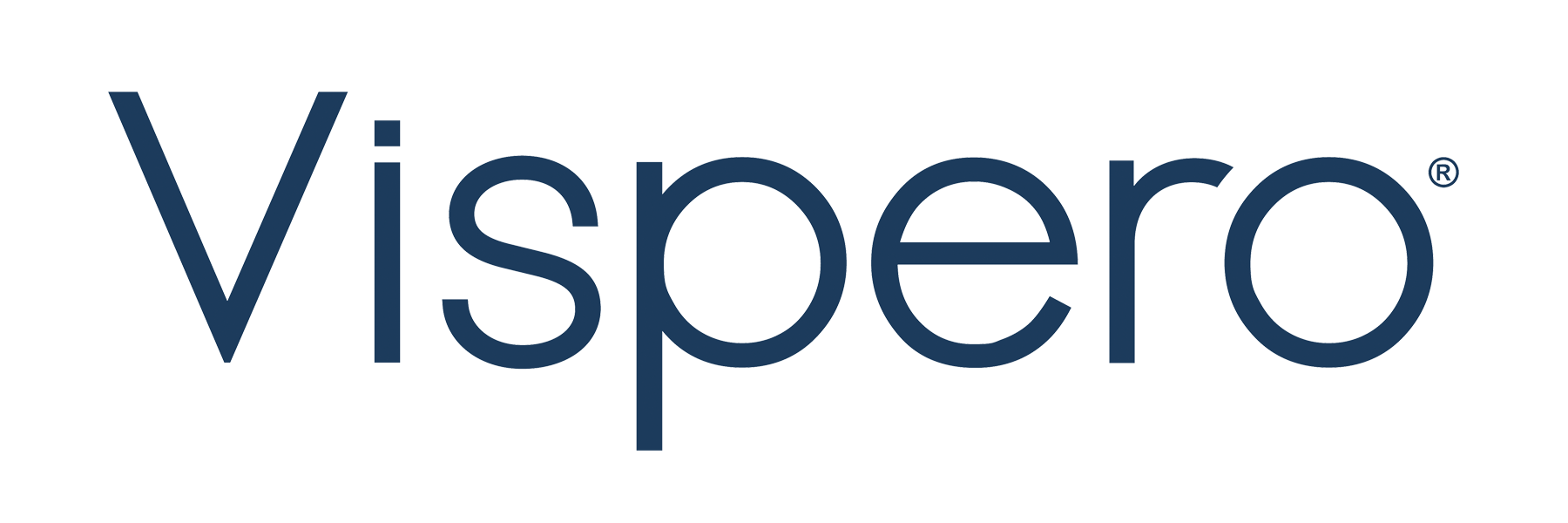For a major US airline, self-service kiosks were the backbone of efficiency, allowing travelers to check in, print boarding passes, and manage reservations, but not every customer. For blind and low-vision travelers, these inaccessible kiosks could be a source of friction and frustration.
The Challenge: Serving Every Customer Without a Major Tech Replacement
When new Air Carrier Access Act (ACAA) requirements called for at least 25% of self-service kiosks to be fully accessible, the airline saw an opportunity to go beyond compliance, creating a smoother, more independent travel experience for every customer. They needed a solution that was easy to deploy, scalable, and compatible with their existing kiosk infrastructure and seasoned accessibility experts to guide the implementation.
The Solution: JAWS for Kiosk
After evaluating its options, the airline selected JAWS for Kiosk, the only screen reader purpose-built for kiosks. JAWS for Kiosk seamlessly integrated with the airline’s existing kiosks, worked across both Windows and Android platforms, and offered multi-language support, ensuring an intuitive, consistent experience at every airport location.
The airline also partnered with imageHOLDERS and Storm Interface to customize the kiosk setup with tactile keypads and audio prompts, mirroring its standard check-in flow.
The Result: 700+ Accessible Kiosks Boost Confidence, Reduce Risk
Together, Vispero, imageHOLDERS, and the airline’s technology team equipped more than 700 kiosks with JAWS for Kiosk across the airline’s network. This deployment allowed the airline to offer full ACAA compliance across major airport hubs and reduce the need for staff assistance at kiosks.
Now, blind and low-vision users can plug their headphones into an accessible kiosk and receive instructions to navigate the check-in process from start to boarding pass, powered by JAWS, the screen reader they know and trust. Internally, the airline has gained confidence that its self-service systems are better aligned with compliance requirements, reducing risks, and reinforcing its public commitment to inclusion.
Since making the change, the airline has seen a noticeable improvement in how disabled travelers interact with its kiosks, and feedback has been positive, especially around the ease of use and sense of autonomy. By investing in JAWS for Kiosk, the airline is setting the standard for accessible self-service travel, enabling travelers to navigate airports and the world with confidence.
